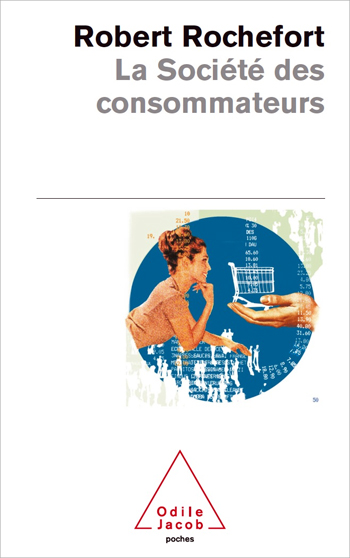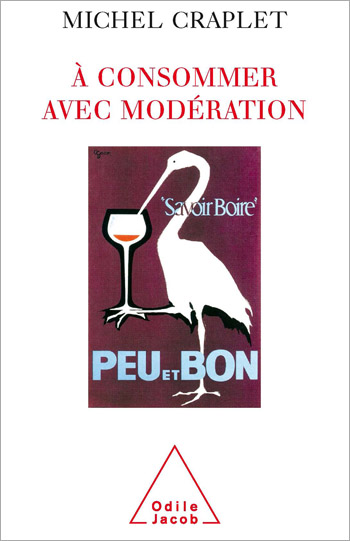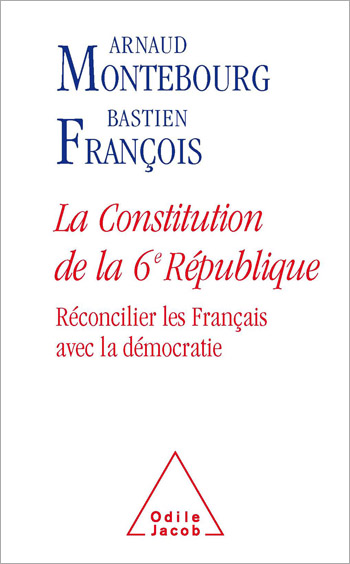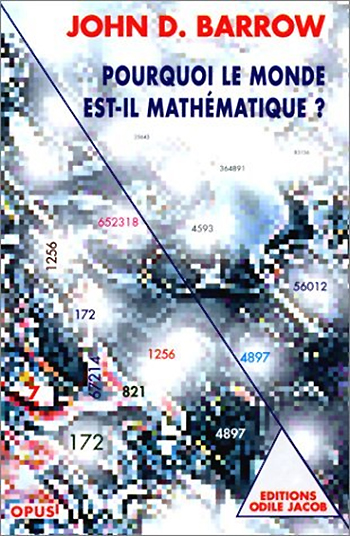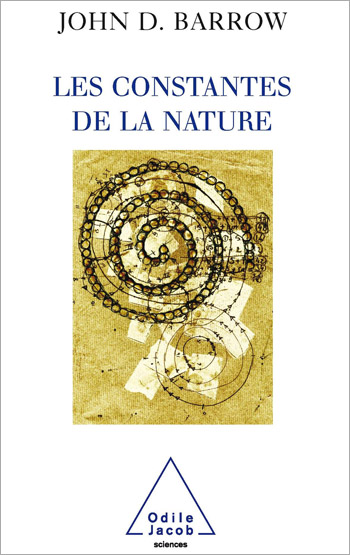Catalog All books
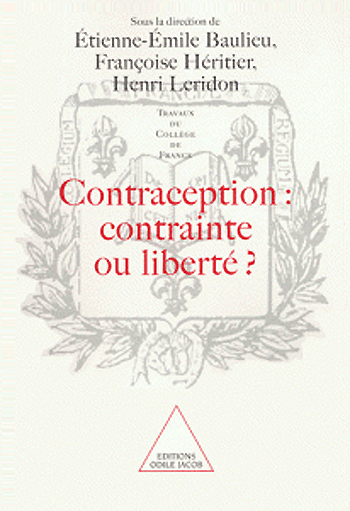
Étienne-Émile Baulieu, Françoise Héritier, Henri Leridon
Contraception : Constraint or Liberty ? (Work of the Collège de France)
It is now generally accepted that contraception should be readily available.
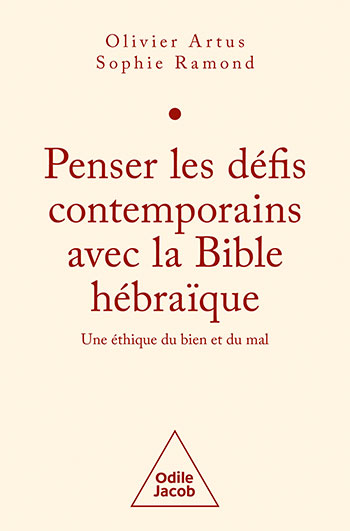
Olivier Artus, Sophie Ramond
Contemporary Challenges and the Hebrew Bible An Ethics of Good and Evil
A text that combines history, biblical science, philosophy and ethics, for an original reflection on society’s current challenges in terms of justice, ecology and human dignity.
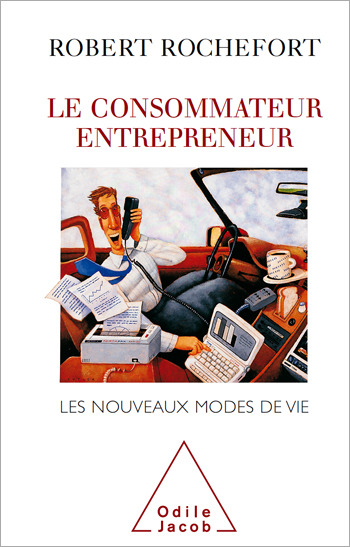
Robert Rochefort
The Consumer-Entrepreneur
The author shows in this new book how in the age of the consumer-entrepreneur professional life and private life tend to merge ; thus on one hand, the consumer tends to manage his family life as he would a company - paying attention to efficiency, cost effectiveness, optimization. On the other hand, he uses more and more products that have a professional and personal use - portable phones, computers - and buys more half finished, do-it-yourself products that he completes. This book profiles a society of individual entrepreneurs that is emerging from the previous salary society of the nineteenth and twentieth centuries. Robert Rochefort is the director of the Research Center for the Study and Observances of Living Conditions.
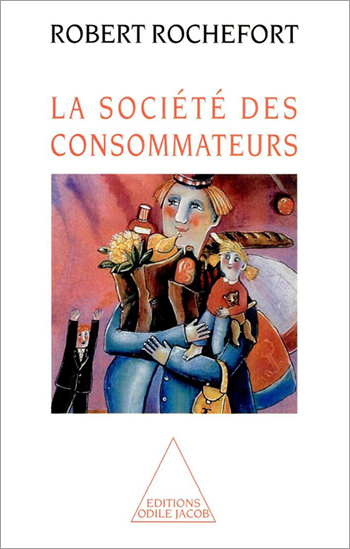
Robert Rochefort
A Consumer Society
This book demonstrates how with households equipped and individuals saturated, consumption must respond to other, more immaterial needs. The new markets are those which can reassure people : healthcare, ecology, land, family and even solidarity.
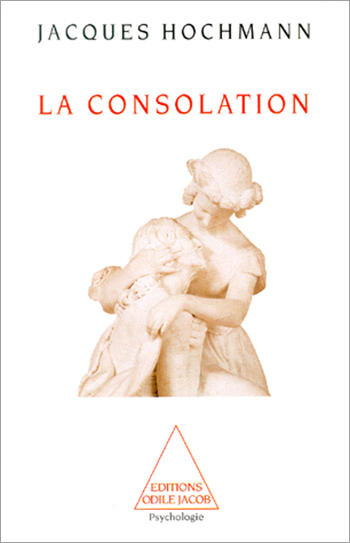
Jacques Hochmann
Consolation An Essay on Mental Care
This is the testimony of a psychiatrist who reconsiders some of the fundamental texts of his practice, of a psychoanalyst who reflects upon the role and the limits of hospitals and institutions, of a doctor who never ceased asking himself what curing madness meant.
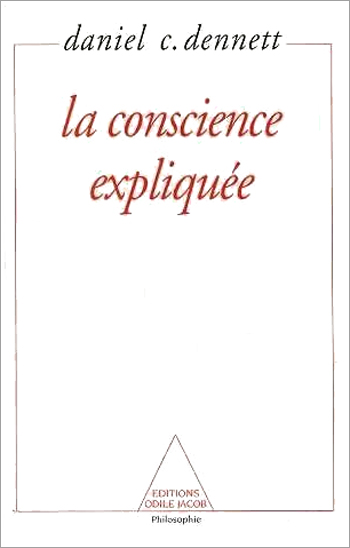
Daniel C. Dennett
Consciousness Explained
What is it that transforms a small piece of matter into an animated being? What is it that gives to certain physical structures the enigmatic privilege of feeling sensations and having experiences? Conscience. But what do we know about conscience? Daniel C. Dennet proposes a new explicative model founded on the modern revelations of psychology, neurology, and artificial intelligence. Daniel C. Dennett directs the Center for Cognitive Studies at Tufts University. He is one of the leaders in the philosophy of the spirit in the United States.
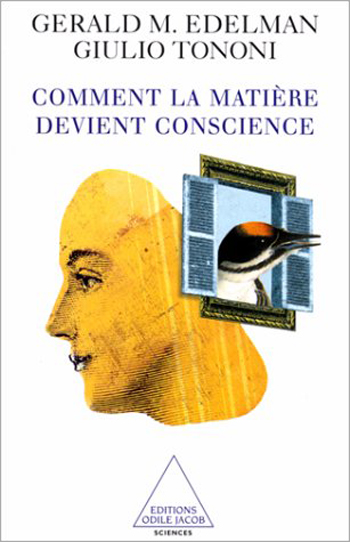
Gerald M. Edelman, Giulio Tononi
Consciousness : How Matter Becomes Imagination
How do the physical occurrences which take place in our brains create the world of conscious experience ? Philosophers have long disputed this question but today, it is science which is in a position to formulate real answers. Gerald M.Edelman and Giulio Tononi demonstrate that the processes which lead to consciousness are not confined to the brain, but are actually dependant on the functioning of numerous areas. They also show that these interactions are not fixed processes, but are constantly adjusted and modified. This research represents one step further towards understanding our identity and our complexity. Gerald M.Edelman, who has received the Nobel Prize for medicine, heads the Institute of Neurosciences at La Jolla in California. Giulio Tononi is a researcher at the Institute of Neurosciences.
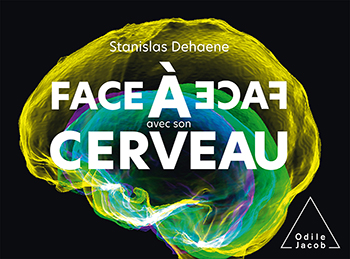
Stanislas Dehaene
Conquering the Brain
This book brings together exceptionally beautiful images (close to 100 [voir ci-dessus]), all full color, and the most current knowledge of the brain from research throughout the world.
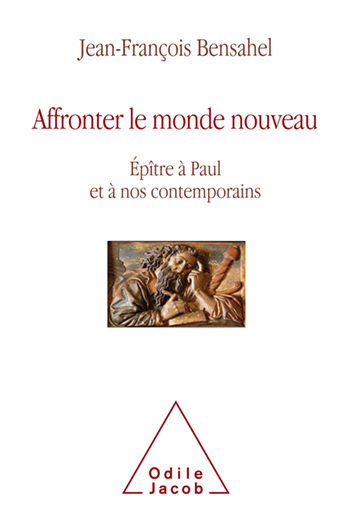
Jean-François Bensahel
Confronting the New World Epistle to Paul and to Our Contemporaries
It so happens that a man was confronted with the same challenges, experienced the same anguish...
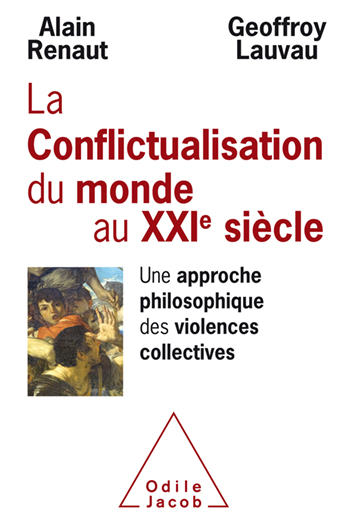
Alain Renaut, Geoffroy Lauvau
Conflictions in the Twenty-First Century
A strong and original thesis for an understanding of the new, contemporary social violence. Alain Renaut is a recognized philosopher, and his works, such as his Leçons de la philosophie, have enjoyed long-term sales.
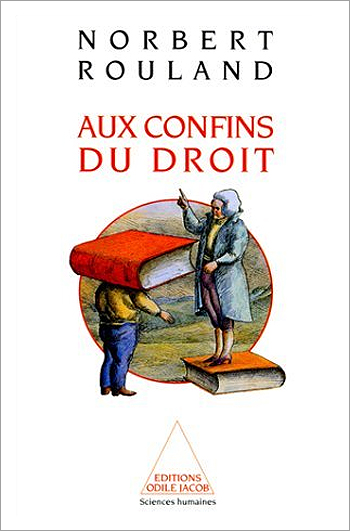
Norbert Rouland
The Confines of the Law
How did law come about? How do different societies answer to the same need for justice? N. Rouland invites us to explore the many aspects of law. Through various societies, a constant question emerges: can Africans, Asians and Westerners all adhere to the same norms? Norbert Rouland is a professor at the University of Aix-Marseille-III, where he teaches judicial anthropology and the history of law.

